30 Jun 2017
Mousonturm
Frankfurt/Main, Germany
After a brief intro and overview of Build Up, including defining the work we do in peacebuilding: technology integration, strategic communications, participatory research, and community arts, and the Build Peace Conference and Fellows program.
Jacob will give an introduction to some of the things we take into account when designing a peacebuilding process, and why we do these things, based on what we’ve learned about how to effectively use technology in peacebuilding. Specifically, we ask questions about participation and social access, the political space, the appropriateness and accessibility of technology and process, and the ethics — both in terms of the mechanics of the peacebuilding intervention and the specific issues of technology. Finally, some aspects of peacebuilding are hyper-contextual. We have to be flexible in our testing and piloting process, because what we know to be true in one context may be quite different in another.
People in Western societies have lost their faith in God, but now “believe” in technological progress. In the context of sustainability, new technology offers the hope that we can maintain an energy-intensive lifestyle without destroying the natural environment that we depend on.
In this talk, I will show that there’s no need for new technology when it comes to designing a sustainable society. For every high-tech “solution”, there’s a “no tech” or “low-tech” alternative that’s more sustainable, much cheaper, and quickly deployable, not only in rich countries but all over the world. Changing our ways of living does not mean that we have to go back to the middle ages and give up all modern comforts. A downsized, sustainable industrial civilisation is very well possible, and much more fun, too.
What is called „technological progress“ is often presented as a quasi-natural process without any alternatives. However, all technologies are shaped by economic, political, military and ideological power structures. Within the framework of the capitalist “Megamachine” technological development is designed to serve the endless accumulation of capital and a Matrix of delusion. By turning citizens into self-surveilling consumer-infants, large parts of the population are distracted from the most urgent issues of our times, namely the looming ecological collapse, nuclear war and radical social injustice.
DESINGING HOPE in this context means to break the chains of enslavement and delusion and to ask: which type of economic and political structures and which type of technology do we need to create a just, free and truly sustainable society?
And lectures by and panels with Maria Yablonina, Michael Hirdes and Benedikt Groß – plus Performance by Gaybor O’Flynn
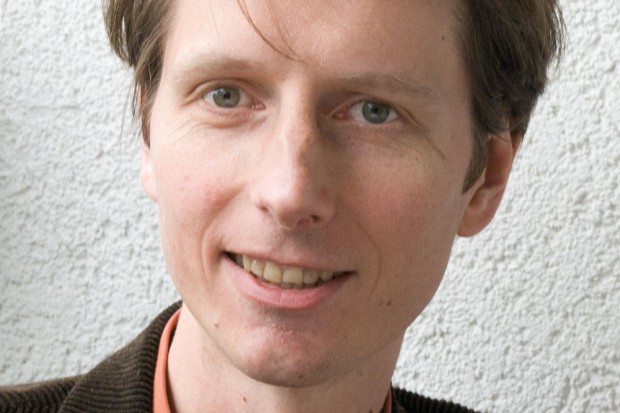
Dramaturg, Historian, Philosopher, Writer
Berlin, Germany
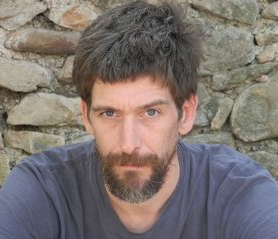
Journalist
Lancaster, UK
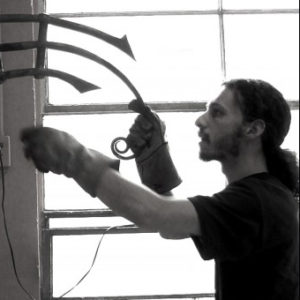
Activist, Artist, Educator

Architect, Artist, Creative Coder, Designer, Engineer, Researcher
Stuttgart, Germany
www.mariayablonina.com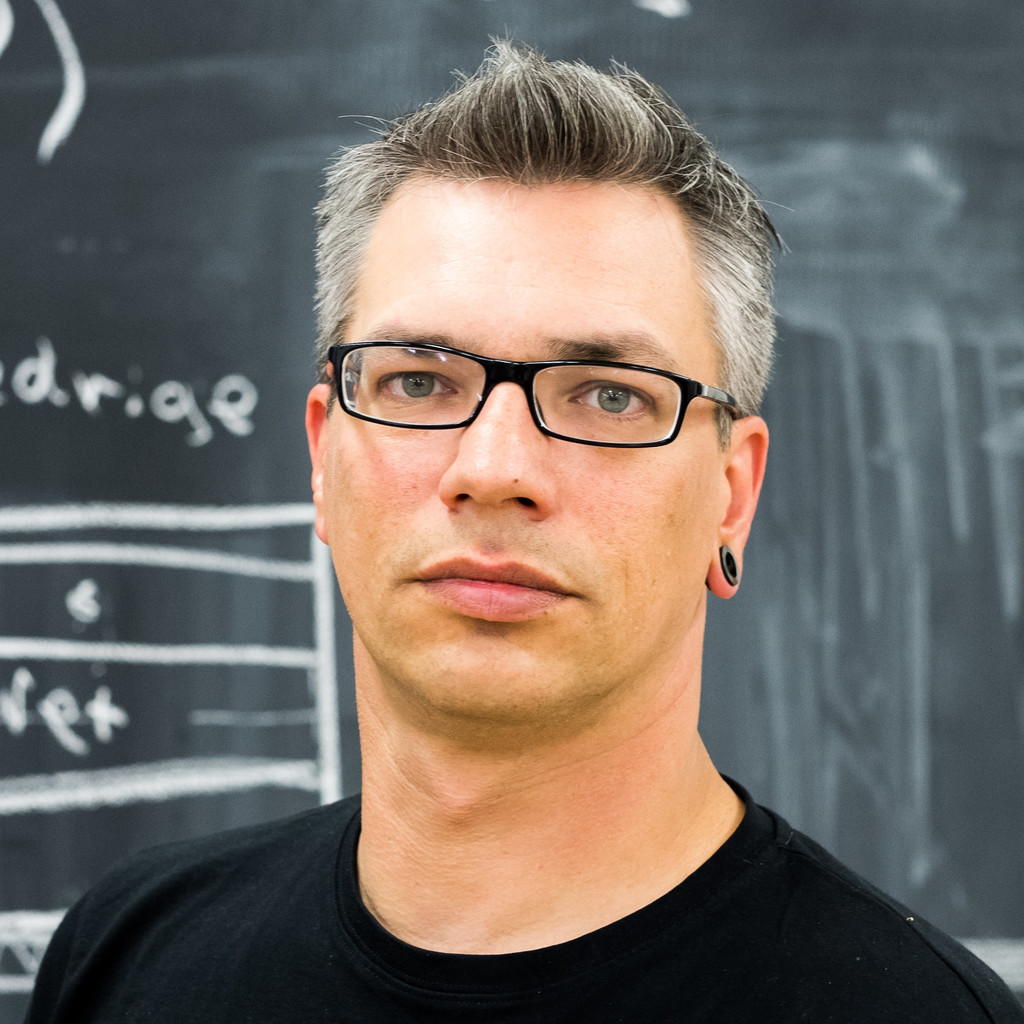
Activist, Developer, Lobbyist
ccc.de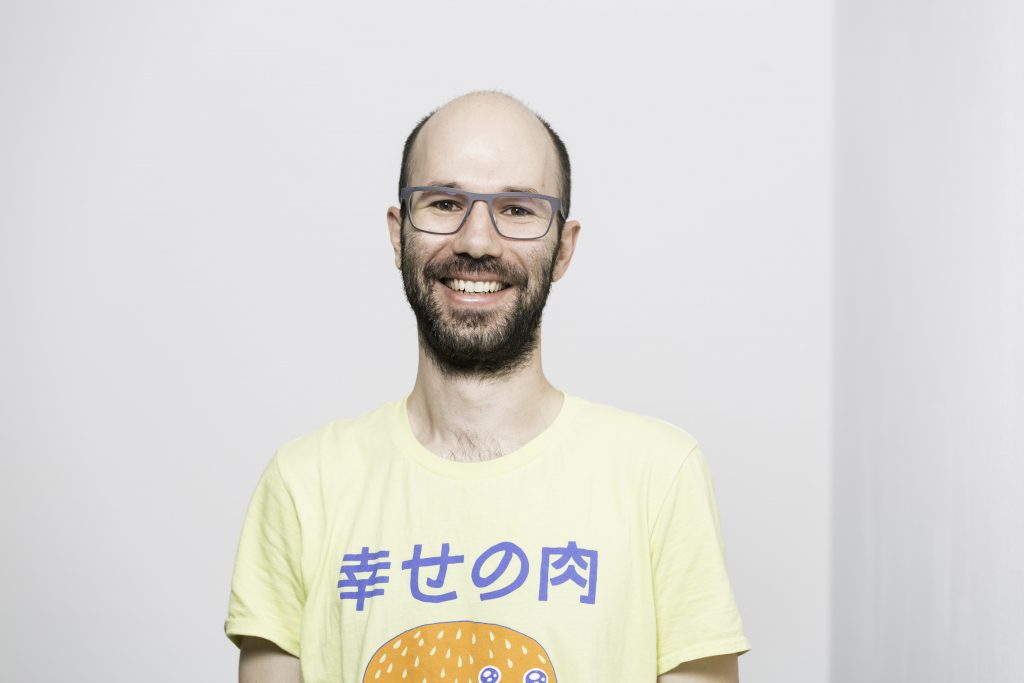
Artist, Designer
Germany
benedikt-gross.de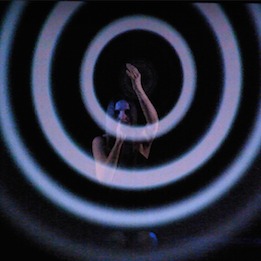
Artist, Curator
gaynoroflynn.com